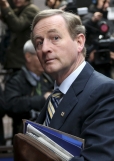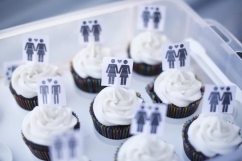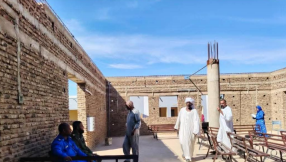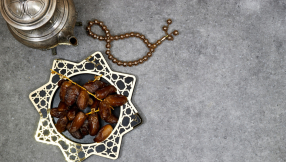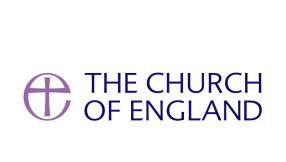Ahead of Ireland's referendum on same-sex marriage on Friday those arguing both for and against have accused each other of receiving campaign funding from American organisations, something that is forbidden by the referendum regulations.
According to the Guardian, the yes campaign says the 'Keep Marriage' campaign has significantly more resources available for expensive billboard and newspaper adverts.
The no campaign has certainly received verbal support from the US-based National Organisation for Marriage.
NOM president Brian Brown asked his supporters to show support for the no campaign in Ireland, and wrote in a blog: "Increasingly the battle to preserve marriage is becoming a global one... If traditional marriage supporters can manage to pull off a victory in Ireland, it will be a tremendous boost to the cause of marriage worldwide. Please do what you can to bring awareness to their efforts."
But NOM said this weekend that it has not provided financial support for the no campaign in Ireland, acknowledging that such funding is prohibited.
There have also been counter-claims from the Keep Marriage side that the yes campaign has received funding from Irish-American multimillionaire Chuck Feeney, founder of Atlantic Philanthropies.
While Atlantic Philanthropies has not commented on the claims, the yes campaign in Ireland rejected the accusation. Brian Sheehan, co-director of Yes Equality, the campaign promoting a change in the law, told the Guardian: "Atlantic Philanthropies are not funding the Yes Equality referendum campaign. Yes Equality is fully funded through its supporters organising fundraising initiatives throughout Ireland."
Friday's referendum is the only place in the world where the electorate is being asked to decide whether homosexual couples should be able to get married.
A poll for the Irish Times this weekend suggests that the yes campaign are likely to win, with 58 per cent of the 1,200 polled, saying that gay couples should be able to marry, 25 per cent were against and 17 per cent were undecided.










